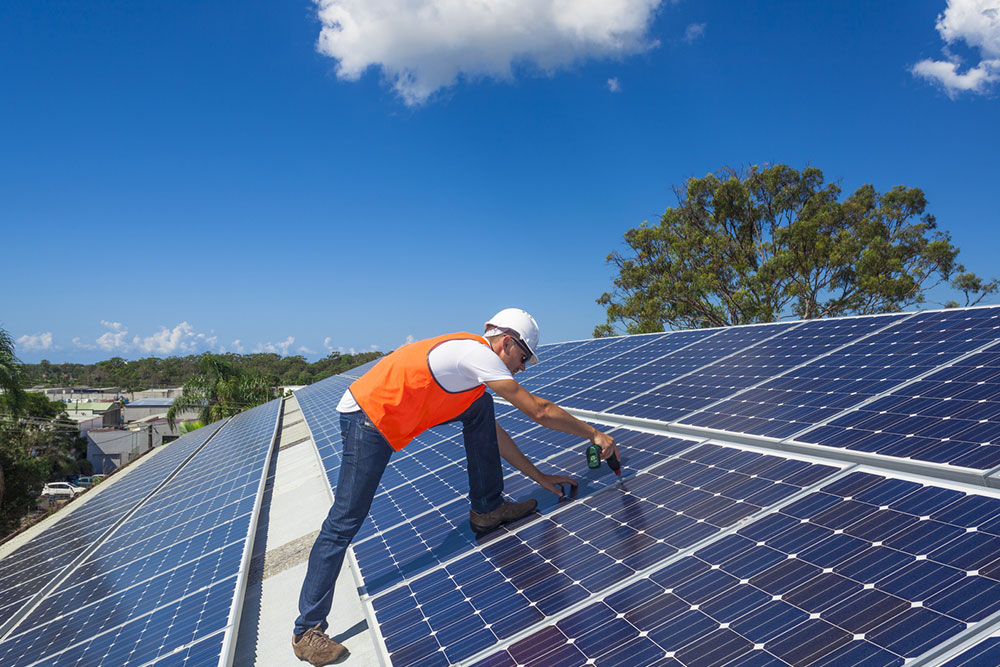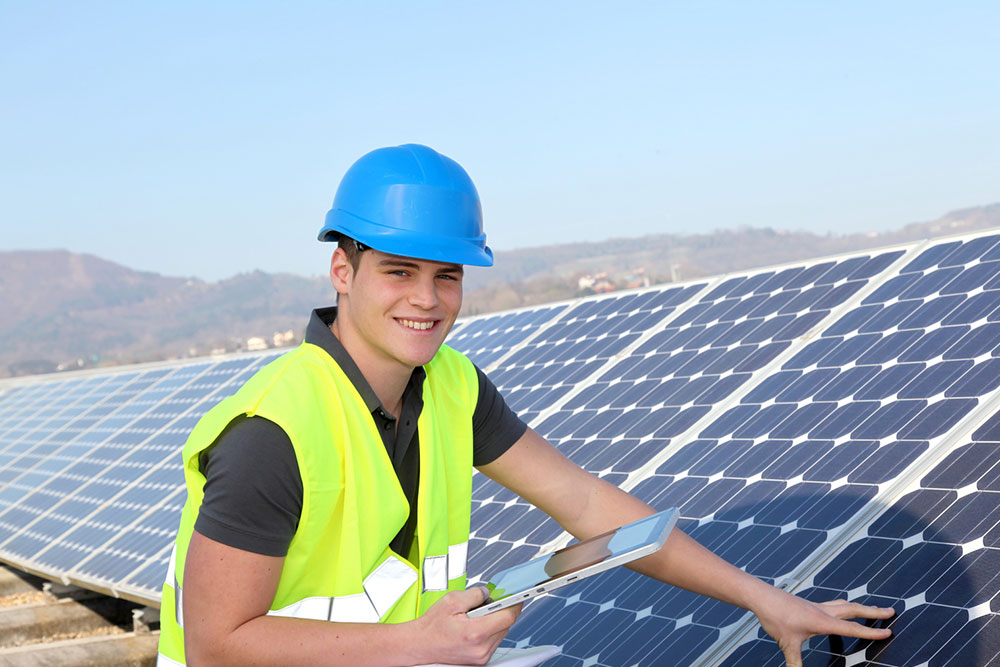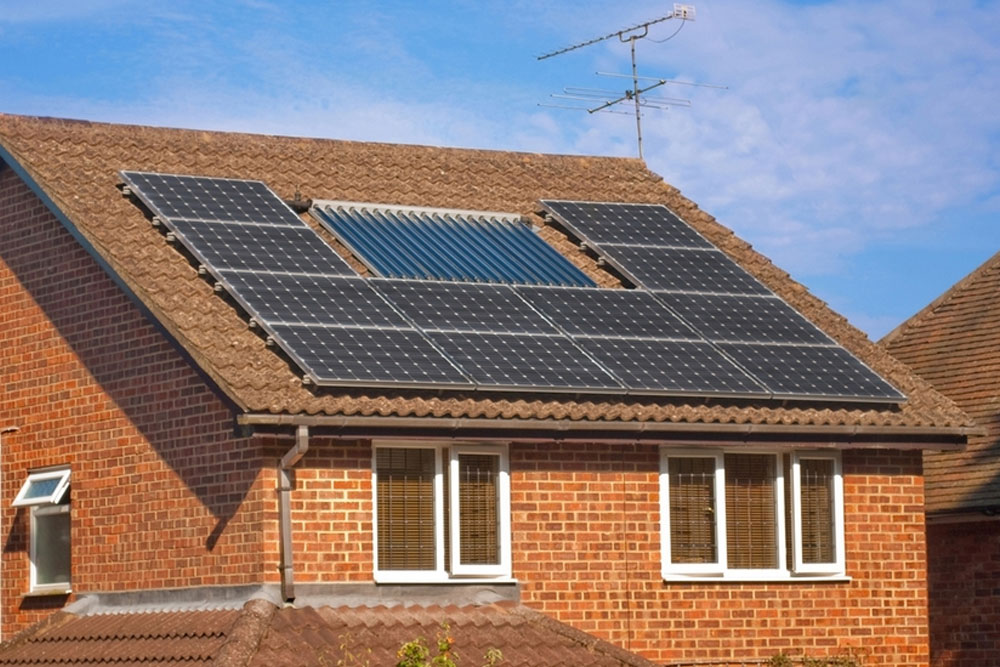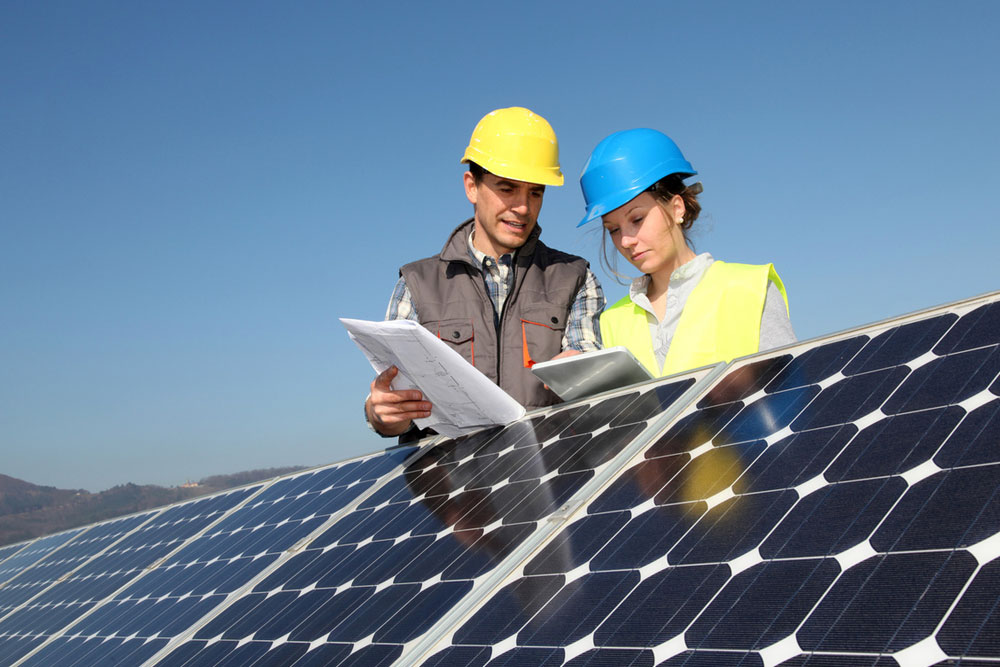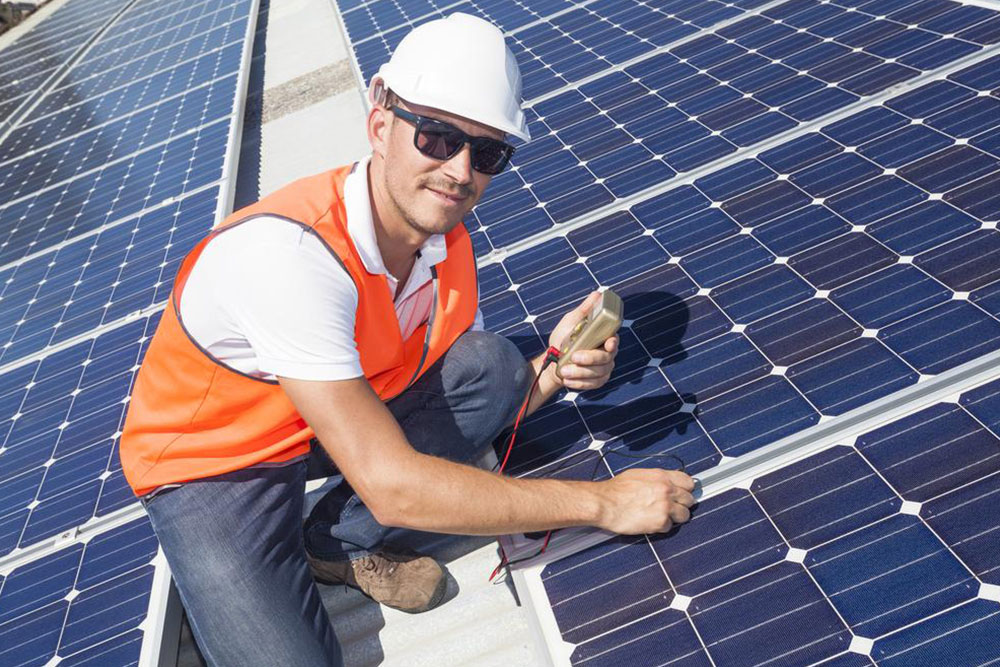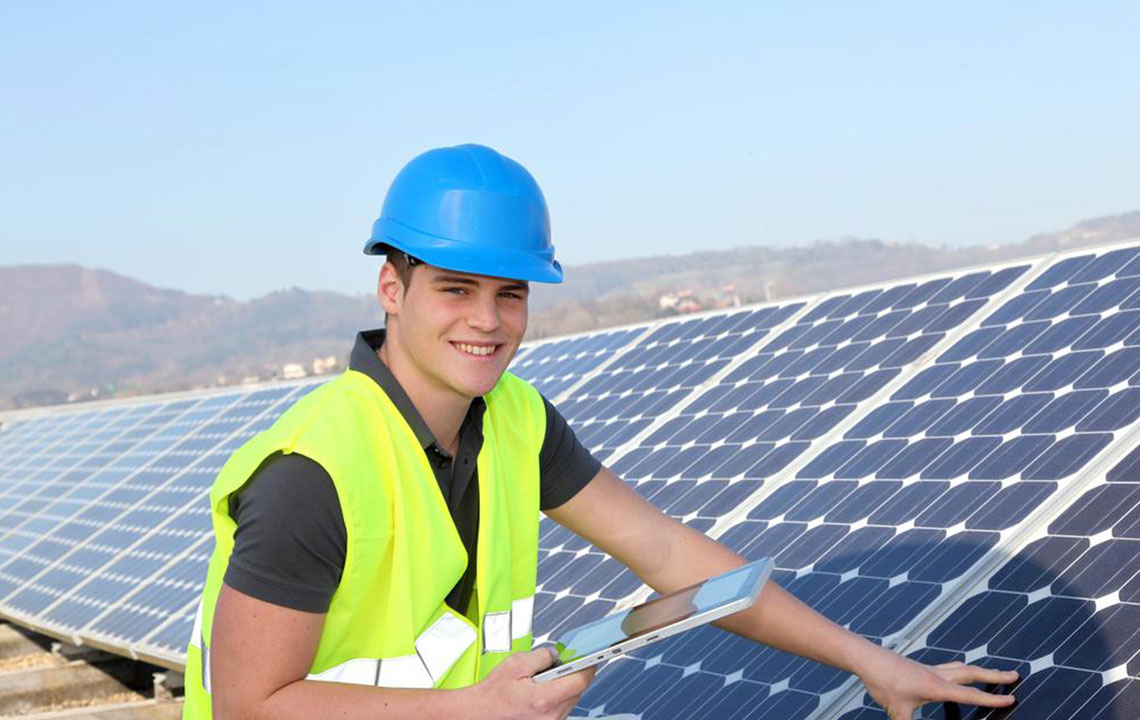The Comprehensive Benefits of Installing Solar Panels in Your Home
Discover the numerous benefits of installing solar panels at home, from reducing energy costs and increasing property value to supporting environmental sustainability. Learn about modern solar technology, government incentives, and tips for optimal installation to make an informed decision for your residential energy needs.
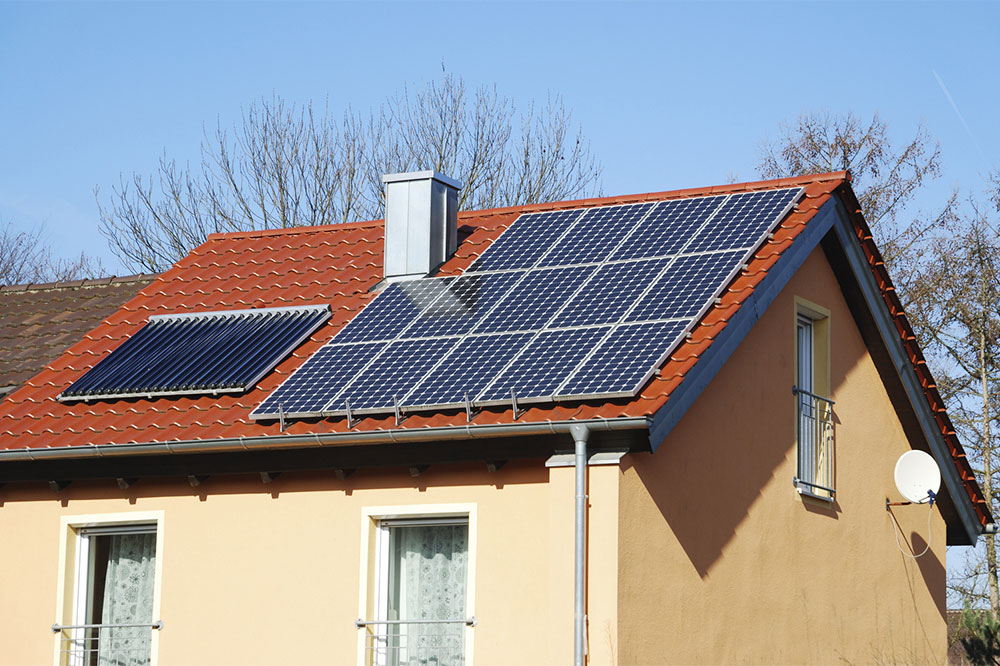
The Comprehensive Benefits of Installing Solar Panels in Your Home
In recent years, the adoption of solar energy systems by residential homeowners has seen a remarkable surge. The shift towards renewable energy sources is driven by a combination of environmental consciousness, economic benefits, and technological advancements. Installing solar panels on your home not only contributes positively to the environment but also offers significant financial savings over time. As the technology matures and costs decrease, more households are considering this sustainable solution as a viable and attractive option. This comprehensive overview explores why solar panels have become an essential part of modern residential energy solutions.
The Basics of Solar Panel Technology
Solar panels, predominantly made from silicon crystals, are devices designed to convert sunlight into usable electricity through the photovoltaic effect. These panels can be installed on rooftops, standalone structures in yards, or integrated into building facades. The core components include photovoltaic cells, which harvest sunlight, an inverter to convert direct current (DC) into alternating current (AC) suitable for household use, and often a monitoring system to track energy production.
Advances in materials and manufacturing processes have significantly improved efficiency rates. Early solar panels had efficiencies of around 4%, meaning only a small fraction of sunlight was converted into electricity. Today’s commercial-grade panels often exceed 20% efficiency, with some high-end models reaching over 23%. These improvements have made solar power more affordable and practical for residential use, encouraging widespread adoption.
Understanding the Cost of Residential Solar Installations
The initial investment for installing solar panels can vary widely depending on various factors including system size, material quality, installation complexity, and geographic location. Typically, the cost ranges from approximately $3,500 for small, basic setups to over $16,000 for larger, high-efficiency systems. It’s essential for homeowners to evaluate their energy needs, roof orientation, and shading considerations during the planning process. Although the upfront costs may seem substantial, numerous financing options, including loans, leases, and power purchase agreements, are available to make solar installations more accessible.
Government Incentives and Financial Support
One of the most significant factors driving the popularity of residential solar power is the array of government incentives designed to promote renewable energy adoption. In many regions, federal, state, and local programs offer financial benefits such as tax credits, rebates, low-interest loans, and even renewable energy credits (RECs). These incentives substantially reduce the effective purchase price, making solar systems more affordable for average homeowners.
For example, in the United States, the federal Investment Tax Credit (ITC) allows homeowners to claim a substantial percentage of their installation costs as a tax credit. State-level programs further supplement these benefits, providing additional financial support that accelerates payback periods and enhances return on investment.
Effects on Property Value and Home Equity
Multiple studies indicate that homes equipped with solar panels tend to have higher market values compared to similar properties without solar installations. This uplift is primarily due to the lower energy costs and increased energy independence that solar provides. Buyers are increasingly valuing sustainability features, and solar panels serve as a compelling selling point. Additionally, in regions with high electricity rates, the savings on utility bills become significant motivators for potential buyers.
Installation of solar energy systems can also improve a property's appeal and credibility as an eco-conscious residence. As solar technology becomes more mainstream and affordable, real estate markets are beginning to recognize the added value that solar energy offers.
The Benefits of Modern Solar Technology
Technological innovation has played a pivotal role in making solar energy more efficient and user-friendly. Modern solar panels are durable, often coming with guarantees that extend beyond 25 years. Their sleek design allows for versatile installation options, including building-integrated photovoltaics (BIPV). These aesthetic modules can seamlessly blend into roofing or facades, enhancing curb appeal while generating power.
In addition to higher efficiencies, modern systems incorporate advanced features such as micro-inverters, which optimize energy harvest at the panel level, and smart monitoring systems that provide real-time performance data to homeowners. These technological enhancements allow for better system management, troubleshooting, and maintenance, ensuring long-term reliability and performance.
Steps to Installing and Optimizing Your Solar System
Deciding to install solar panels involves careful planning and assessment. Key factors include evaluating roof orientation to maximize sunlight exposure (preferably south-facing in the Northern Hemisphere), analyzing shading from trees or nearby structures, and calculating your household’s energy consumption. Once these factors are understood, consulting with a reputable solar installer can help determine the appropriate system size and configuration.
Proper installation is crucial for maximizing efficiency and longevity. Skilled technicians ensure secure mounting, proper wiring, and compliance with local building codes. After installation, homeowners should routinely clean panels (usually just water and non-abrasive cloths) and monitor performance to detect any issues early. Many systems now feature remote monitoring capabilities, providing instant updates on energy production and savings.
Financial and Environmental Advantages
Significant reduction in electricity bills, with potential savings up to 95% in some cases.
Access to affordable financing options and government rebates that lower initial investment barriers.
Utilization of an eco-friendly, renewable energy source that reduces dependence on fossil fuels.
Lower carbon footprint, resulting in decreased greenhouse gas emissions and environmental impact.
Minimal ongoing maintenance, typically limited to periodic cleaning and system checks.
While the upfront costs may seem daunting, the long-term savings and environmental benefits make solar panels an excellent investment for many homeowners. With the declining costs of panels and increasing availability of supportive policies, now is an optimal time to consider transitioning to solar energy at your residence.
Many leading solar providers like SunPower, Tesla, and LG now offer online consultation services, warranties, and professional installation assistance—further simplifying the process for consumers looking to harness the power of the sun. Embracing solar energy today not only benefits individual households but also contributes to a sustainable future for generations to come.
